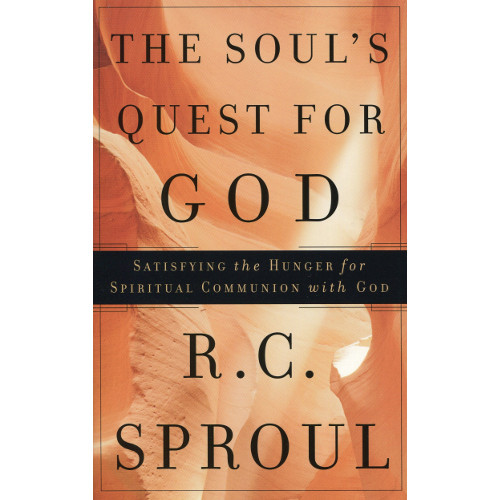

The author includes a helpful section on the practical writings of the Puritans.

“Puritanism I define as that movement in sixteenth and seventeenth-century England which sought further reformation and renewal in the Church of England than the Elizabethan settlement allowed.” Packer’s definition, then, is appropriate and accurate. It is true that revival strikes at the core of who the Puritans were and what they sought to accomplish. Packer discusses Puritanism as a particular movement of revival. We are spiritual dwarfs.” The author reminds us that “Puritanism was at heart a spiritual movement, passionately concerned with God and godliness … Puritanism was essentially a movement for church reform, pastoral renewal and evangelism, and spiritual revival and in addition – indeed, as a direct expression of its zeal for God’s honor – it was a world-view, a total Christian philosophy …” Indeed, “the Puritans exemplified maturity we don’t. Packer begins by arguing (and rightly so) that current day Christians need the Puritans. Packer intends to bring the Puritans to the forefront of Christian thought, precisely where they belong. For too long, the Puritans have been marginalized, unfairly caricatured, and relegated dusty boxes of books in the garage. Packer is a superb introduction to the English Puritans. A Quest for Godliness: The Puritan Vision of the Christian Life by J.I.


 0 kommentar(er)
0 kommentar(er)
